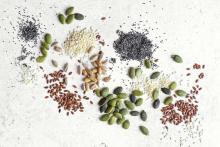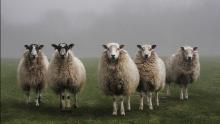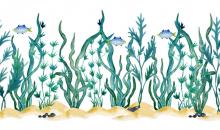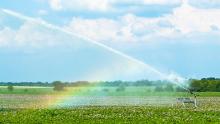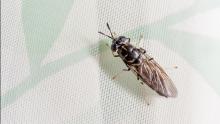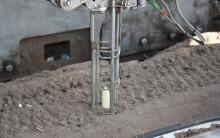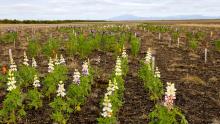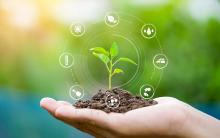
By 2050, the world population may reach 10 billion people. Unfortunately, there’s not enough agricultural land available to sustainably produce the food needed to feed this many people. To help, the EU-funded FutureAgriculture project has designed a new type of crop capable of producing the amounts required to feed a rapidly growing population and to adapt to the effects of climate change.

